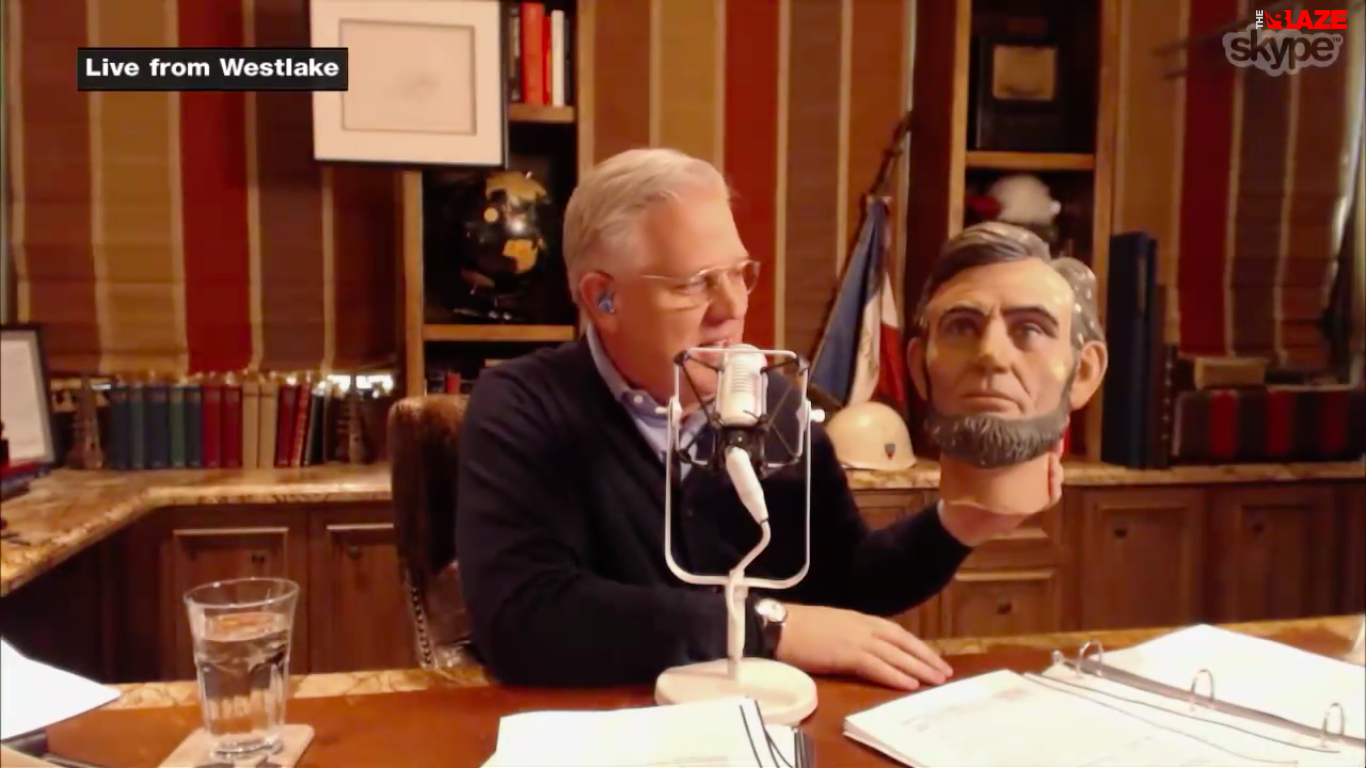Vision and speech recognition are cornerstones of Artificial Intelligence, but they’ll also be utilized in a further assault on reality should they fall into the wrong hands, which they will, of course, as they’ll be in all hands soon enough. A race for AI dominance among nations and corporations almost demands a boom in this sector. Soon enough, the veracity of everything from ancient history to the most recent trending topic will become even more muddled.
Even Disney devotee Ray Bradbury, who more than 50 years ago anxiously anticipated one fine day in the twenty-first century when a computerized Caesar would again address the masses, was leery about what might come to pass. “Am I frightened by any of this?” he asked. “Yes, certainly. For these audio-animatronic museums must be placed in hands that will build the truths as well as possible, and lie only through occasional error.”
In an excellent Conversation essay about the meaning of the original Blade Runner prompted by the release of its sequel, Marsha Gordon wonders about the withering of memory in the presence of profound AI, as reality receives an “upgrade.” An excerpt:
Today, the relationship between corporations, machines and humans defines modern life in ways that Ridley Scott – even in his wildest and most dystopic imagination – couldn’t have forecast in 1982.
In Blade Runner, implanted memories are propped up by coveted (but fake) family photos. Yet a world in which memory is fragile and malleable seems all too possible and familiar. Recent studies have shown that people’s memories are increasingly susceptible to being warped by social media misinformation, whether it’s stories of fake terrorist attacks or Muslims celebrating after 9/11. When this misinformation spreads on social media networks, it can create and reinforce false collective memories, fomenting a crisis of reality that can skew election results or whip up small town hysteria.
Meanwhile, Facebook has studied how it can manipulate the way its users feel – and yet over a billion people a day log on to willingly participate in its massive data collection efforts.
Our entrancement with technology might seem less dramatic than the full-blown love affair that Scott imagined, but it’s no less all-consuming. We often prioritize our smartphones over human social interactions, with millennials checking their phones over 150 times a day. In fact, even as people increasingly feel that they cannot live without their smartphones, many say that the devices are ruining their relationships.
And at a time when we’re faced with the likelihood of being unable to differentiate between what’s real and what’s fake – a world of Twitter bots and doctored photographs, trolling and faux-outrage, mechanical pets and plastic surgery – we might be well served by recalling Deckard’s first conversation upon arriving at Tyrell Corp. Spotting an owl, Deckard asks, “It’s artificial?” Rachael replies, not skipping a beat, “Of course it is.”
In Blade Runner, reality no longer really matters.
How much longer will it matter to us?•
Tags: Marsha Gordon

